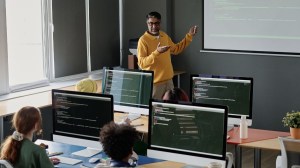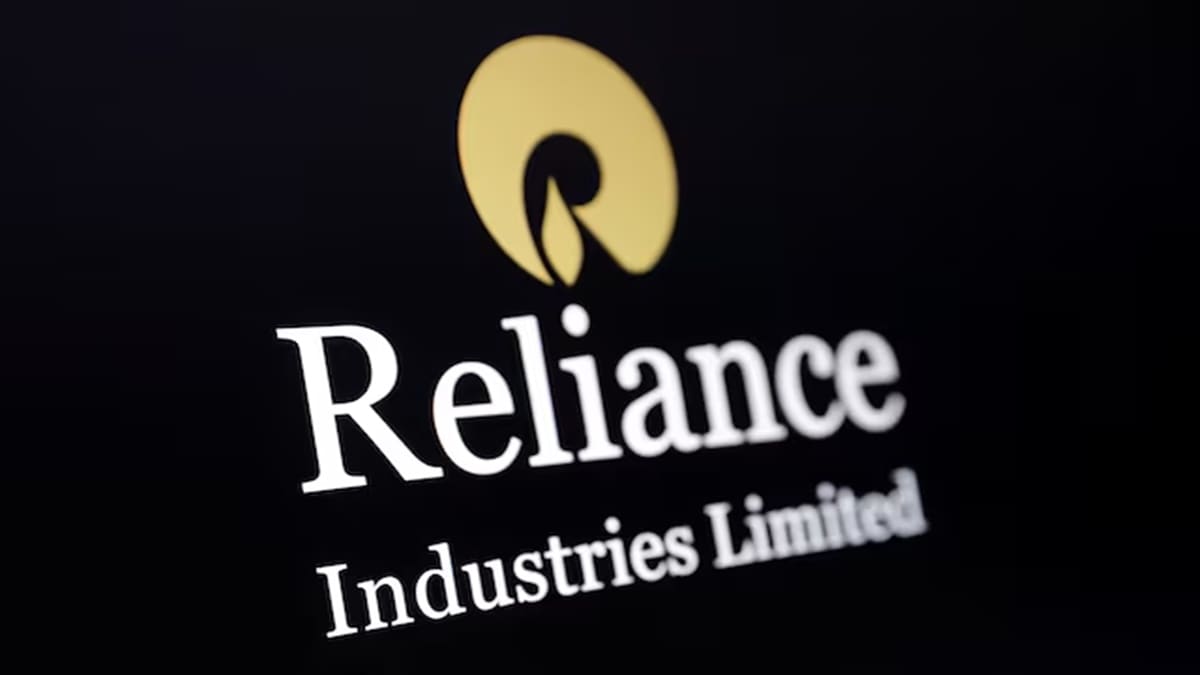Chats for students
OpenAI has launched Chats for Students in India, a curated set of prompt examples designed to show how Indian college students are using ChatGPT for coursework, skill-building and even job preparation. The move highlights the company’s growing focus on India, one of its fastest-growing markets. The tool features more than 50 sample conversations, covering topics such as exam revision, coding, and even interview training. While not introducing new features, the campaign positions ChatGPT as an academic aid rather than a replacement for learning, which is an important framing in a market still debating the use of AI in education.
Heart disease prediction model
Indian hospital chain Narayana Health has developed what it calls the country’s first AI-powered heart disease predictor in collaboration with its analytics arm Medha AI. The system analyses standard ECG images to estimate heart function, potentially identifying risk of heart failure weeks before conventional tests. Trained on more than one lakh patient scans, the model achieved an accuracy rate of 97% in detecting low ejection fraction. According to the company, the innovation could improve early diagnosis across India’s hospitals, where access to advanced imaging such as echocardiograms remains limited.
MapmyIndia tie-up with Perplexity
Mapping firm MapmyIndia has proposed a collaboration with US-based Perplexity AI, following the latter’s public comments on the complexity of building maps. The Indian company said such a partnership could combine its extensive location data with Perplexity’s generative AI capabilities to enhance search and navigation tools. MapmyIndia has previously partnered with software firm Zoho on mapping integration. With this, competition intensifies between Indian and global mapping platforms, particularly around localisation, real-time updates and voice-based assistance in regional languages. Perplexity AI has yet to respond publicly to the proposal.
‘Pregnant with 83 children’
Albania’s Prime Minister Edi Rama has claimed that his country’s newly appointed AI “minister” Diella is “pregnant with 83 children”. It’s a metaphor, he said, for virtual assistants assigned to each member of parliament. The announcement forms part of Albania’s broader strategy to integrate AI into public administration and government services. Diella, unveiled earlier this year, is designed to support transparency and streamline citizen interactions through the country’s e-Albania platform.
Grokipedia arrives
Elon Musk’s artificial intelligence startup, xAI, has introduced Grokipedia, an online encyclopedia powered by generative AI that aims to rival Wikipedia. Musk described the project as a “truth-focused” alternative, claiming it will counter what he sees as bias in crowd-sourced platforms. Early reports suggest that Grokipedia’s entries are written and updated by AI trained on multiple data sources, though questions remain about transparency and editorial oversight.
Model to reveal hidden cancer
Google DeepMind and Yale University researchers have developed an AI model capable of identifying drug combinations that make cancer cells more visible to the immune system. The model, trained on vast genomic datasets, proposed pairing an existing drug, silmitasertib, with an immune amplifier, a hypothesis later confirmed in laboratory testing. The discovery could improve treatment for so-called “cold” tumours that evade immune response.
DeepMind said it plans to make the model and data open source, underscoring a growing role for AI in scientific discovery.
Music from text OpenAI is reportedly developing a AI tool capable of generating original music from text or short voice prompts. The system would allow users to compose songs, jingles or instrumentals by describing them in natural language, similar to how ChatGPT generates text or DALL-E creates images. Industry observers say the company is working with music schools and copyright experts to address concerns over licensing and originality. While no release date has been confirmed, the move would position OpenAI alongside startups such as Suno and Udio in the fast-expanding field of AI-generated music.
Ferrari to auctionLe Mans car
Ferrari plans to auction a tokenised version of its Le Mans-winning 499P hypercar using cryptocurrency payments with Conio, in a bid to appeal to younger, tech-savvy buyers. The auction will be open to members of Ferrari’s exclusive Hyperclub and will incorporate AI-driven personalisation features for digital ownership certificates. The company said the initiative reflects its strategy to engage the “AI generation” by blending blockchain, data and luxury experiences. Ferrari has earlier experimented with digital collectibles and is expanding its online presence as part of a wider effort to modernise its brand and attract new audiences.







